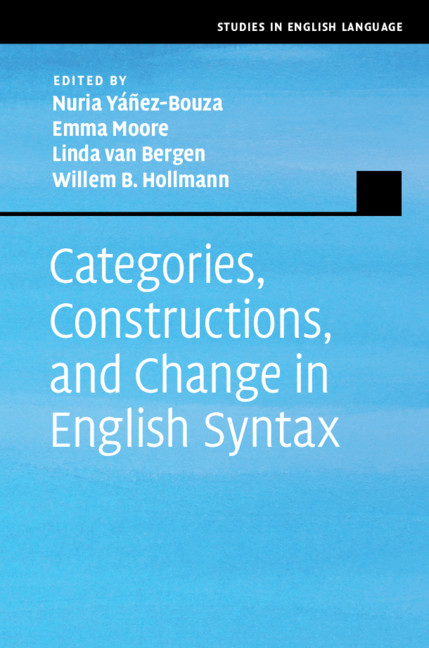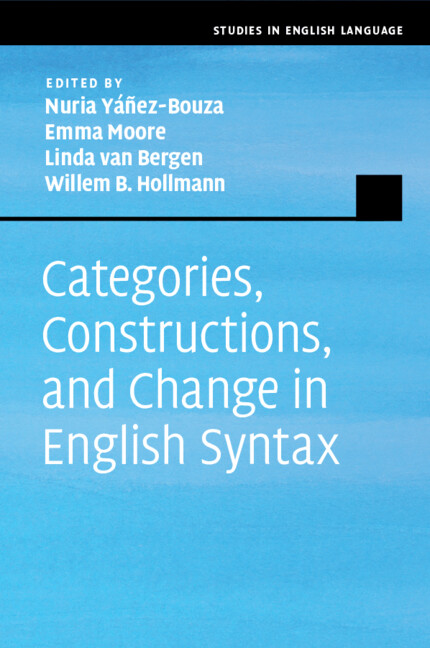Data-Intensive Investigations of English
In this collection of innovative and original articles, an international team of scholars demonstrate the newest technological trends and data-intensive technologies in the empirical study of English linguistics. Through a range of in-depth case studies, it advocates for the use of advanced technologies and digital tools to enable study in this ever-evolving field. To achieve optimal coherence across the volume, each chapter answers a core question – 'how can data-intensive and computational methods help scholars answer research questions that are solidly grounded in the theoretical foundations of English linguistics?' Digitalization is expected to accelerate, and this development will continue to impact research in the humanities. This volume fills in a clear gap and will drive empirical linguistic research forward, by introducing a variety of innovative techniques and tools that offer not only new answers to old questions in English linguistics but also open up exciting new research questions in the field.
- Provides authentic examples of data-intensive approaches to English linguistics
- Shows the benefits of enriching and/or digitising existing datasets, to be analysed with more advanced methods
- Examines the state-of-the-art of current data-intensive approaches in English linguistics today
Product details
January 2026Hardback
9781009415712
250 pages
229 × 152 mm
0.5kg
Not yet published - available from January 2026
Table of Contents
- List of figures
- List of tables
- List of contributors
- 1. Data-intensive approaches to English linguistics Mikko Laitinen, Paula Rautionaho and Irene Taipale
- 2. What big data tells us about American English phonetics William A. Kretzschmar, Michael Olsen, Rachel Olsen and Katherine Ireland
- 3. Do you reckon? Creating and testing a corpus of spoken southern American English from the digital archive of Southern speech (1970–1983) Keiko Bridwell and Katherine Ireland
- 4. 'Scots for the masses'? Utilising a novel data-analysis facility to statistically explore late modern Scots in the digitised chapbooks collection Sarah van Eyndhoven, Lisa Gotthard and Rosa FilgueiraI
- 5. Combining collocation measures and distributional semantics to detect idioms Gerold Schneider
- 6. Using data-intensive methods for unlocking expressiveness in word-formation: the case of English name blending by Sabine Arndt-Lappe, Natalia Beliaeva and Audrey Martin
- 7. Modal verb usage across native and non-Native Englishes: a variationist Analysis Paula Rautionaho and Lea Meriläinen
- 8. Bayesian multivariate analysis of complement selection: subject-control complements of the verb Fear Juho Ruohonen and Juhani Rudanko
- 9. Statistical modelling of syntactic complexity of English academic texts: syntactic predictors of rhetorical sections Maryam Nasseri
- 10. Implications of the replication crisis: some suggestions to improve reproducibility and transparency in data-intensive corpus linguistics Martin Schweinberger
- Index.






